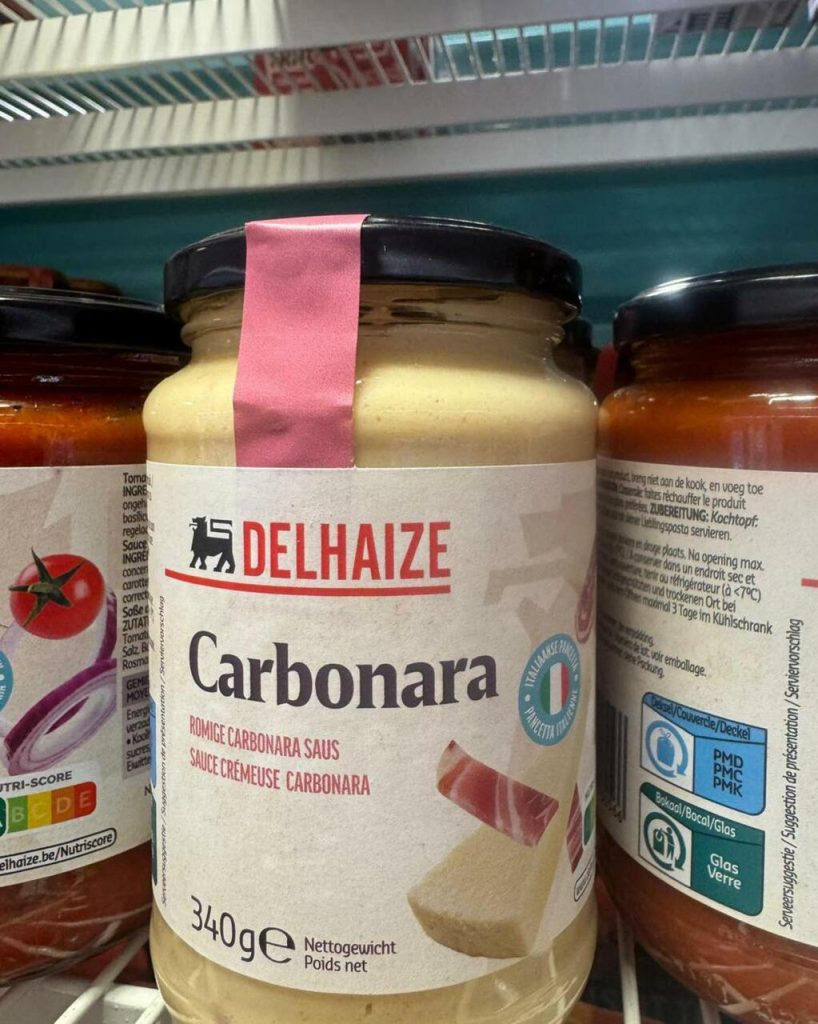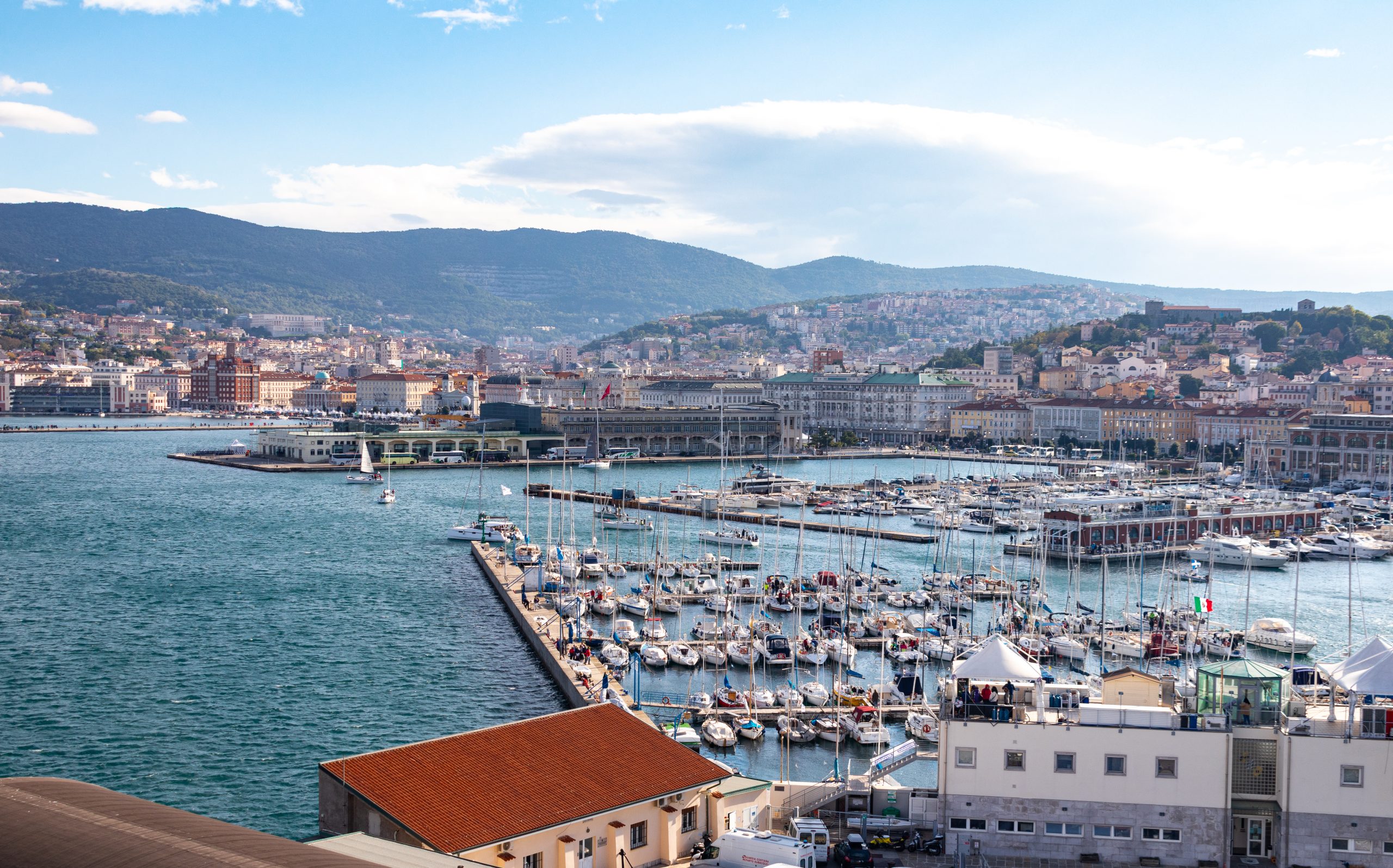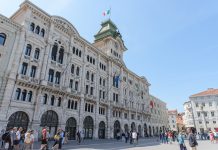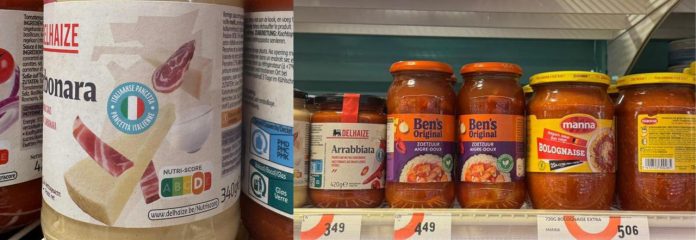by InTrieste
Italy’s agriculture minister, Francesco Lollobrigida, on Tuesday criticized what he described as the “unacceptable” sale of misleadingly branded Italian food products at the European Parliament’s supermarket, calling for an urgent investigation into the matter.
Lollobrigida, a senior member of Prime Minister Giorgia Meloni’s right-wing Fratelli d’Italia party, posted images on social media showing jars of so-called “carbonara” and “arrabbiata” sauces. The labels, he argued, misrepresented traditional Italian cuisine.
“Ignoring the pancetta in carbonara… all these products represent the worst of Italian Sounding,” he wrote on Facebook, adding that their presence on the European Parliament’s shelves was “unacceptable” and that he had requested an immediate inquiry.

Carbonara — a signature dish of Roman cooking — is traditionally prepared with just five ingredients: pasta, guanciale, pecorino, egg and pepper.
A Longstanding Issue
The so-called “Italian Sounding” phenomenon — in which food producers outside Italy market items using Italian names, imagery or tricolor packaging to evoke an Italian origin — has long been a concern for Italian authorities and industry groups. Under EU regulations, products marketed with the Italian flag or Italian references despite lacking authentic Italian provenance may be considered misleading.
EU quality policy seeks to protect the names of geographically specific foods through “geographical indications,” which guarantee both provenance and production methods, allowing consumers to distinguish certified goods.
A Costly Market for Counterfeits
According to Coldiretti, Italy’s largest agricultural lobby, the global market for counterfeit or misleadingly labeled Italian foods costs Italy an estimated €120 billion annually. The organization notes that many of the world’s most prolific counterfeiters of Italian products are industrialized nations.
“Due to the so-called ‘Italian Sounding’ phenomenon, more than two out of three Italian agri-food products worldwide are fake, with no production or employment link to our country,” the group said in a recent statement.
Coldiretti also released a list of the “Top 10 most faked Italian foods,” led by mozzarella, followed by Parmigiano Reggiano and Grana Padano, Provolone, Pecorino Romano, salami, mortadella, sauces, wine, pesto and extra-virgin olive oil.
Renewed Debate Over Italian Identity in Food
The issue has flared repeatedly in recent years. Last year, Italy’s tourism minister, Daniela Santanchè, also of Fratelli d’Italia, criticized the American food company Heinz for releasing canned spaghetti carbonara, a product derided by at least one Roman chef as resembling “cat food.”
Lollobrigida himself has stirred controversy before. In 2023, he drew backlash after claiming that in Italy “the poor often eat better than the rich,” arguing that lower-income families frequently buy high-quality goods directly from producers at lower prices.
The latest debate over “Italian Sounding” products comes as Italy advances its bid for UNESCO recognition of Italian cuisine, a decision expected within weeks.
































